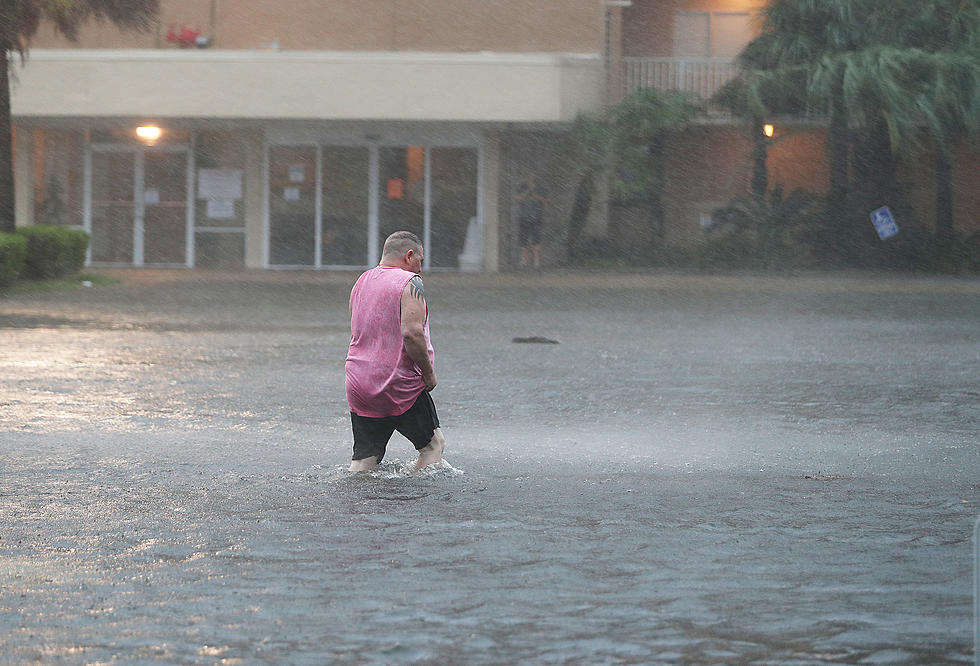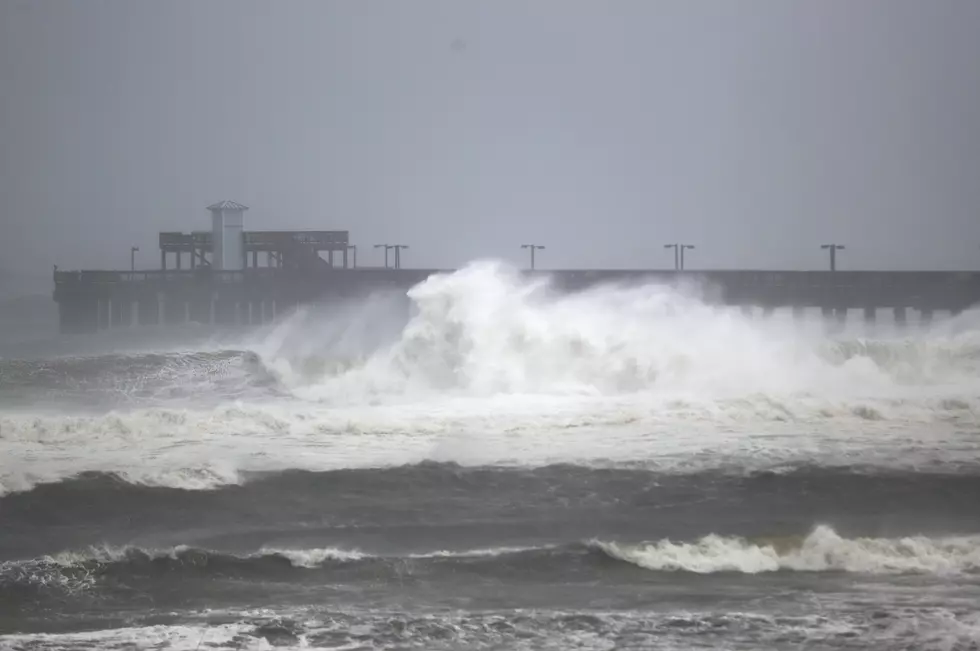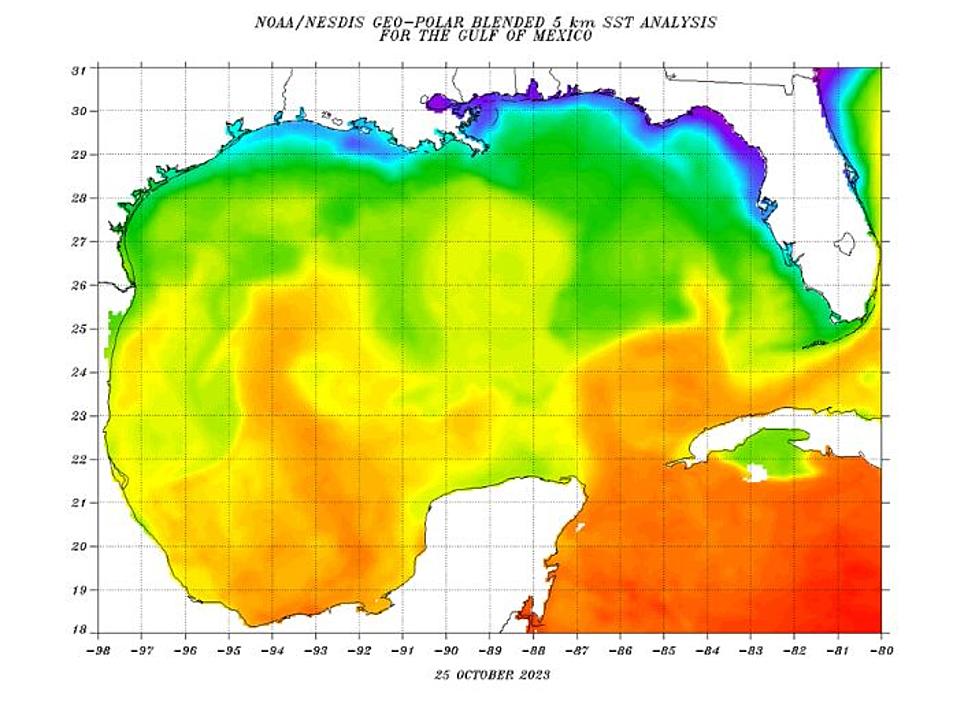
US Senate Puts Louisiana Homeowners and Businesses At Risk by Rejecting National Flood Insurance Program Extension During Hurricane Season
WASHINGTON, D.C. (KPEL News) - As Louisiana and the Gulf Coast sits in the week of the statistical peak of hurricane season, US Senators in Washington, D.C. have decided to reject an extension of the National Flood Insurance Program, a program that has helped protect Louisiana businesses and homes for years.

Today, Senator John Kennedy tried to get a 1-year extension of the NFIP passed but senators blocked his bill just days ahead of the scheduled expiration date: September 30, 2023.
“[The] Federal Flood Insurance Program is an economic and commercial necessity," said Kennedy during a speech on the Senate floor. "It’s almost impossible to buy a home in an area that has the potential of flooding, which is everywhere now, without being able to get flood insurance.”
Five million Americans rely on the NFIP. 500,000 of those are Louisianians.
How Does Not Passing the National Flood Insurance Program Extension Impact Louisiana Homeowners and Businesses?
Kennedy explains how this rejection of legislation by Washington, D.C. senators could have devastating impacts for homeowners in the Pelican State:
The federal requirement that you have to purchase flood insurance under certain circumstances to get a mortgage would be suspended, which means that many mortgage companies would not loan the money to homeowners.
For businesses, Kennedy says not extending the NFIP could be catastrophic:
The NFIP would be prohibited from issuing new policies during that period of time (beyond program's expiration date), which would shut down commerce and the real estate business.
Kennedy delivered his remarks of disappointment below:
A measure of good news in case the NFIP is not extended before September 30: For those who have existing policies with the NFIP, they would still be in effect until their expiration date and claims would continue to be paid as long as FEMA has the money to do so.
With today's action by US senators, it appears Kennedy's message about common sense being illegal in Washington, D.C. is now more true than ever.
LOOK: The most expensive weather and climate disasters in recent decades
More From News Talk 96.5 KPEL









